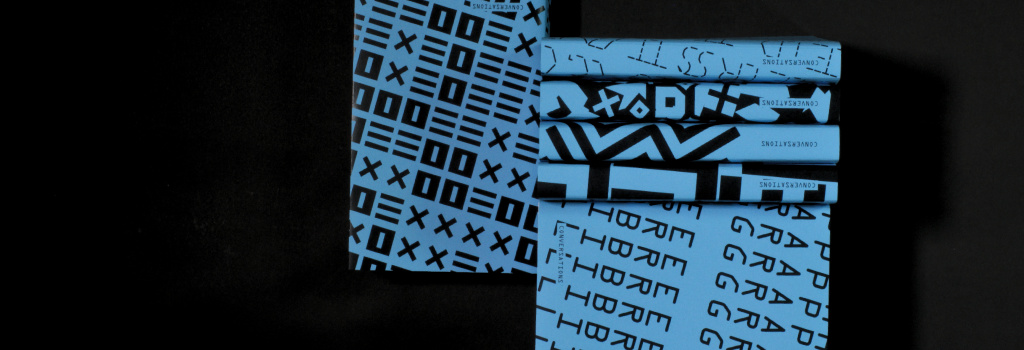
Conversations is an extensive collection of dialogues between developers and designers involved in the wider ecosystem of Libre Graphics. Its lengthy title, "I think that conversations are the best, biggest thing that Free Software has to offer its user", is taken from an interview with Debian developer Asheesh Laroia. His remark points at the difference that Free Software can make when users are invited to consider, interrogate and discuss not only the technical details of software, but its concepts and histories as well.
Conversations documents discussions about tools and practices for typography, layout and image processing that stretch out over a period of more than eight years. The questions and answers were recorded in the margins of events such as the yearly Libre Graphics Meeting, the Libre Graphics Research Unit, a two-year collaboration between Medialab-Prado in Madrid, Worm in Rotterdam, Piksel in Bergen and Constant in Brussels, or as part of documenting the work process of the Brussels' design team OSP. The book is published by Constant, a Brussels based association for arts and media, and produced collaboratively with the help of etherpash, a custom Libre Graphics workflow developed by Christoph Haag.
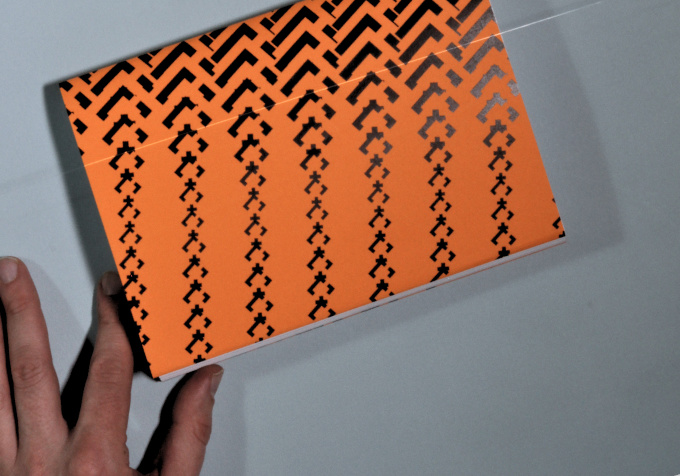
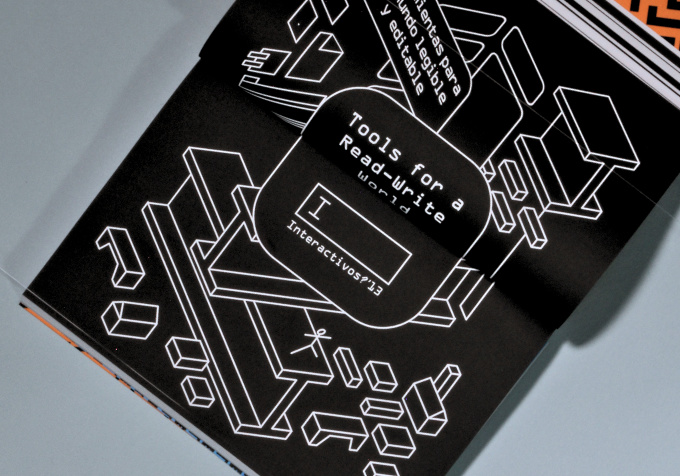
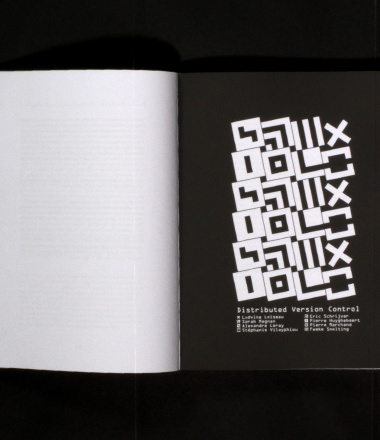
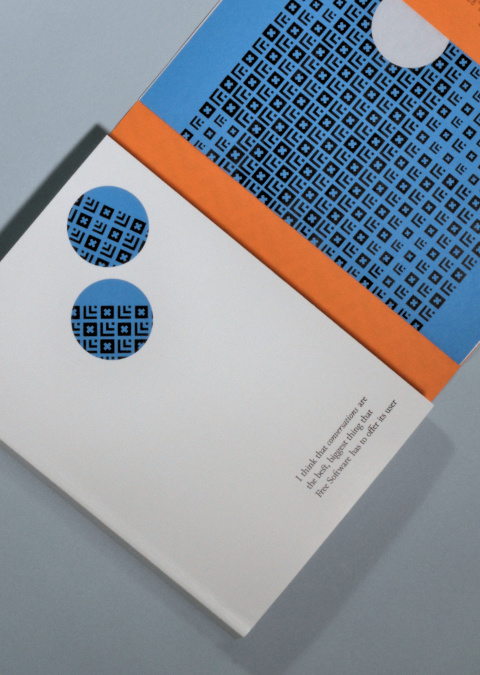
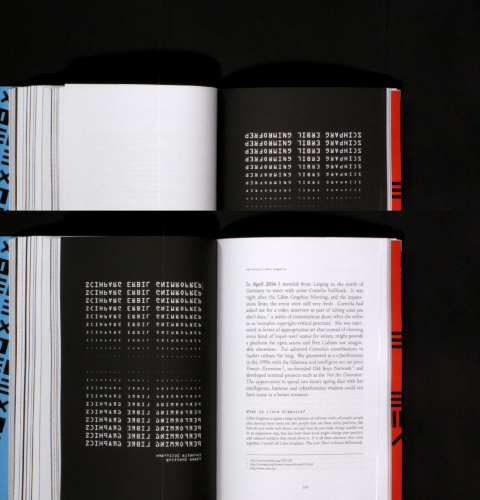
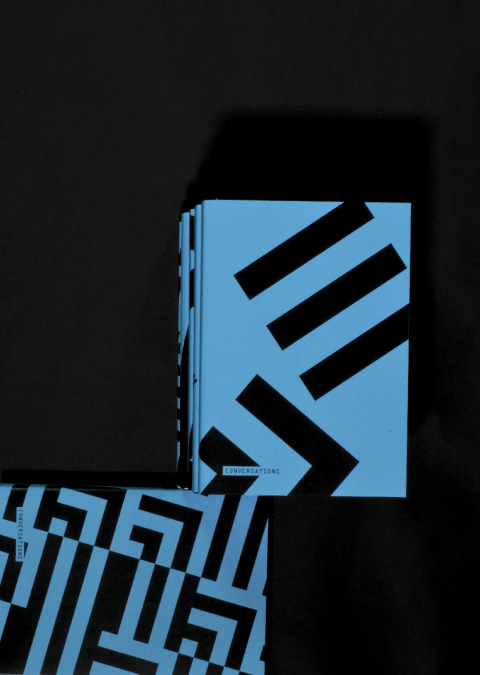
Not a common source viewed
through different templates, but a source travelling
different routes, passing different gateways. Current routes end at
different points, .pdf, .html, .odt.
Different routes, yet to be explored.
Editing takes place collaboratively in a networked environment while the translation
to print-ready files is distributed to separate machines, also distributing questions
of form in its wider sense of "how something is or how it happens".
conversations route:
→
edit collaboratively on etherpads
→
transform to compilable source with
pandoc and
bash
→
transform to print-ready .pdf with
LaTeX
awk (pattern scanning and text processing language) basename (strip directory and suffix from filenames) bibtex (make a bibliography for TeX) cat (concatenate files and print on the standard output) chromium (Google's open source chromium web browser) convert (convert between image formats as well as resize an image, blur, crop, despeckle, dither, draw on, flip, join, re-sample, and much more) cp (copy files and directories) curl (command line tool for transferring data with URL syntax) cut (remove sections from each line of files) date (print or set the system date and time) dirname (strip last component from file name) dpkg (Debian package management system) echo (display a line of text) egrep (print lines matching a pattern) exit (cause normal process termination) expr (evaluate expressions) figlet (Make large character ASCII banners out of ordinary text) find (search for files in a directory hierarchy) fold (wrap each input line to fit in specified width) free (Display amount of free and used memory in the system) ftp (classical file transfer client) gedit (official text editor of the GNOME desktop environment) git (fast, scalable, distributed revision control system) grep (GNU grep, egrep and fgrep) gs (Ghostscript) head (output the first part of files) iceweasel (Web browser based on Firefox) identify (describes the format and characteristics of one or more image files) inkscape (vector-based drawing program) kate (K Advanced Text Editor) latex (structured text formatting and typesetting) ls (list directory contents) makeindex (a general purpose, formatter-independent index processor) man (macros to format man pages) md5sum (compute and check MD5 message digest) meld (graphical tool to diff and merge files) mkdir (make directories) mv (move files) pandoc (general markup converter) pdflatex (PDF output from TeX) pdftk (tool for manipulating PDF documents) pdftocairo (Portable Document Format to PNG/JPEG/PDF/PS/EPS/SVG using cairo) python (interactive high-level object-oriented language) read (read from a file descriptor) realpath (Return the canonicalized absolute pathname) rev (reverse lines of a file or files) rm (remove files or directories) scribus (Open Source Desktop Page Layout - stable branch) sed (The GNU sed stream editor) seq (print a sequence of numbers) sleep (delay for a specified amount of time) sort (sort lines of text files) tac (concatenate and print files in reverse) tail (output the last part of files) tee (read from standard input and write to standard output and files) tr (translate or delete characters) uniq (report or omit repeated lines) vim (Vi IMproved - enhanced vi editor) wc (print newline, word, and byte counts for each file) wget (retrieves files from the web) X (a portable, network-transparent window system) and last but not least: etherpad-lite and processing
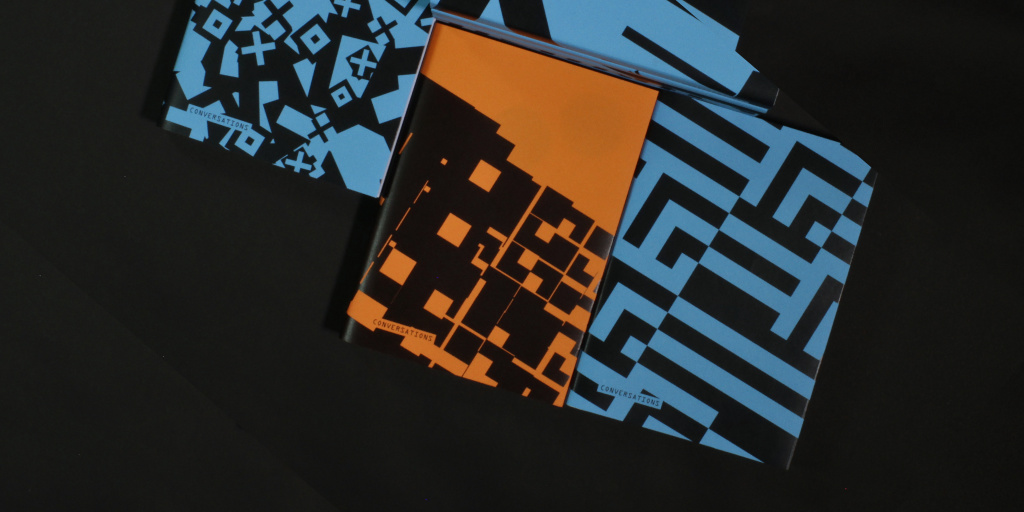
A user should not be able to shoot himself in the foot
I think the ideas behind it are beautiful in my mind
We will get to know the machine and we will understand
ConTeXt and the ballistics of design
Meaningful transformations
Distributed Versioning Control
Even when you are done, you are not done
Having the tools is just the beginning
Data analysis as a discourse
Why you should own the beercompany you design for
Just Ask and That Will Be That
Unicodes
If the design thinking is correct, the tools should be irrelevant
You need to copy to understand
What's the thinking here
The construction of a book (Aether9)
Performing Libre Graphics
The Making of Conversations
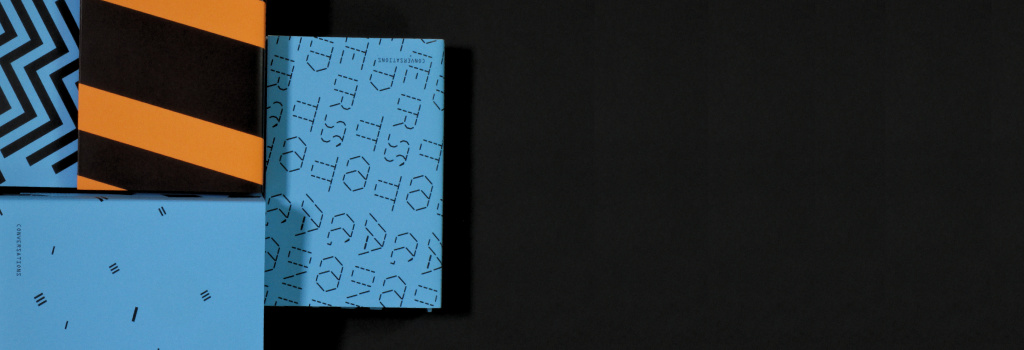
The etherpash workflow utilizes a custom ad hoc markup based on the desire to edit content in a simple manner, while at the same time not being limited to this simple manner. Content is written with a smell of source code, expanding from plain textual content over markdown to command lines to trigger anything possible from within a GNU/Linux shell.
write accordingly to input parameters text ($1) and number ($2)
do something else
command line does not exist -> do nothing
actual command lines NEWPAGE and NOWSPEAKING inserting LaTeX code. (simplified)
Agnes Bewer, Alexandre Leray, An Mertens, Andreas Vox, Asheesh Laroia, Carla Boserman, Christina Clar, Chris Lilley, Christoph Haag, Claire Williams, Cornelia Sollfrank, Dave Crossland, Denis Jacquery, Dmytri Kleiner, Eleanor Greenhalgh, Eric Schrijver, Evan Roth, Femke Snelting, Franziska Kleiner, George Williams, Gijs de Heij, Harrisson, Ivan Monroy Lopez, John Haltiwanger, John Colenbrander, Juliane De Moerlooze, Julien Deswaef, Larisa Blazic, Ludivine Loiseau, Manuel Schmalstieg, Matthew Fuller, Michael Murtaugh, Michael Terry, Michele Walther, Miguel Arana Catania, momo3010, Nicolas Malevé, Pedro Amado, Peter Westenberg, Pierre Huyghebaert, Pierre Marchand, Sarah Magnan, Stéphanie Vilayphiou, Tom Lechner, Urantsetseg Ulziikhuu, Xavier Klein
Concept, development and design:
Christoph Haag,
Xavier Klein,
Femke Snelting
Editorial team:
Thomas Buxó,
Loraine Furter,
Maryl Genc,
Pierre Huyghebaert,
Martino Morandi
Transcriptions:
An Mertens,
Boris Kish,
Christoph Haag,
Femke Snelting,
George Williams,
Gijs de Heij,
ginger coons,
Ivan Monroy Lopez,
John Haltiwanger,
Ludivine Loiseau,
Martino Morandi,
Pierre Huyghebaert,
Urantsetseg Ulziikhuu,
Xavier Klein
Chapter opener: Built with petter by Benjamin Stephan
-> http://github.com/b3nson/petter
Published by: Constant Verlag (Brussels, January 2015)
ISBN: 9789081145930
This publication is made possible by the Libre Graphics Community,
through the financial support from the European Commission (Libre Graphics Research Unit)
and the Flemish authorities.